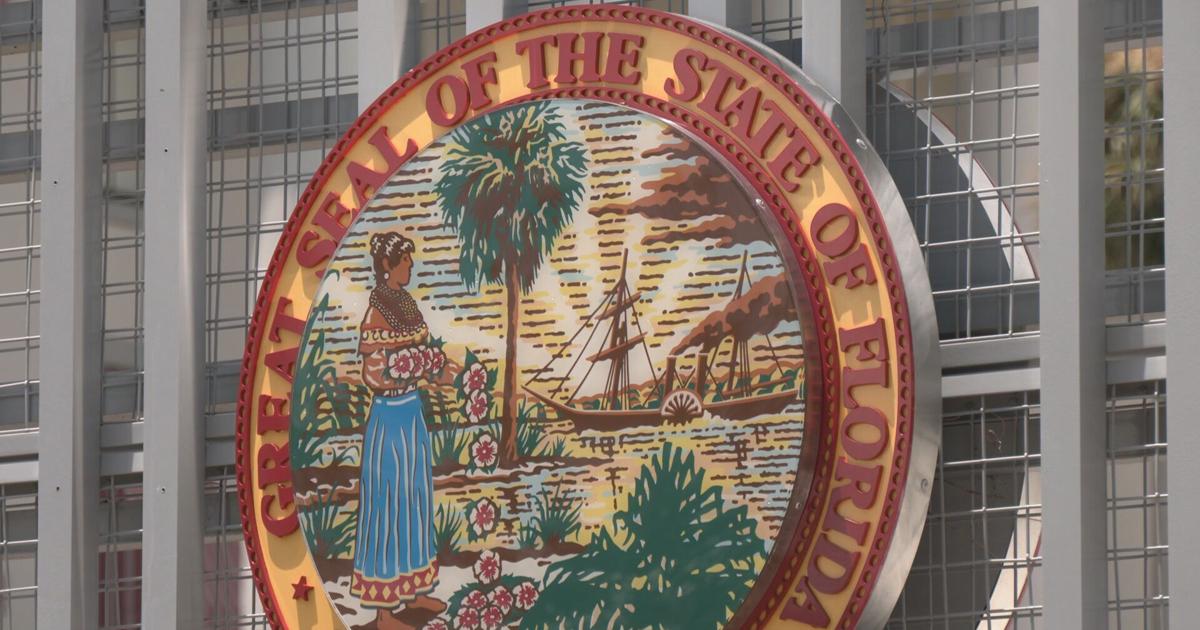Insurance companies in Florida are increasingly using artificial intelligence to handle claims, raising questions about its impact on policyholders.
During a recent housing insurance and banking subcommittee meeting, officials emphasized the necessity of AI for efficiency and cost reduction.
Despite concerns that AI could lead to inadequate assistance, insurance representatives assured lawmakers that AI adheres to the same legal standards as human adjusters, with final decisions still made by people.
“AI is essential. Our workforce is aging. Our economy is strained. AI helps preserve institutional knowledge and boost productivity, critical as we face demographic and fiscal headwinds,” said Gary Sullivan of the American Property Casualty Insurance Association.
Proposed legislation for the 2026 session aims to ensure AI is not the sole factor in claim decisions. In the past, similar bills have failed to pass. However, the ongoing debate continues as lawmakers scrutinize AI’s role in the insurance industry.
Paul Martin, vice president of the National Association of Mutual Insurance Companies, explained that AI operates within existing legal frameworks.
“If a practice is prohibited for a human to do on behalf of an insurance company, it is prohibited for AI to do. Artificial intelligence is not an end run for the insurance companies around a state’s statutes or its regulations,” said Martin.
Despite the controversy, some experts argue that banning AI could lead to higher insurance rates due to increased administrative oversight. Mark Friedlander from the Insurance Information Institute noted that not using AI might result in slower and more expensive claims processing, whereas AI could enhance efficiency and potentially lower costs.
As the legislative session approaches, WINK News will continue to monitor developments regarding the proposed bill and its implications for insurance practices in Florida.

